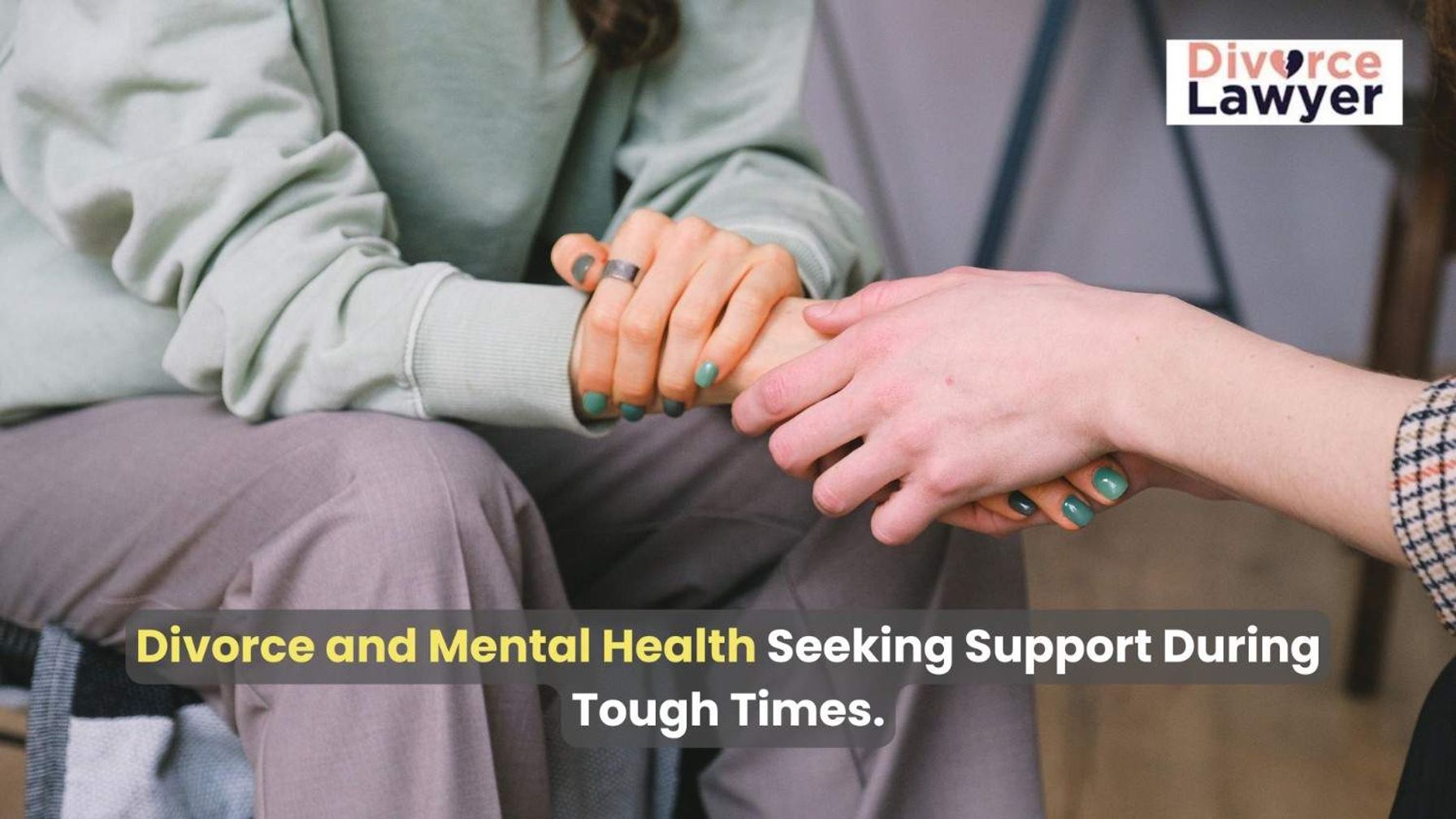Divorce ranks among life’s most challenging transitions, often triggering profound emotional distress and significant mental health impacts. Whether you’re currently navigating divorce proceedings, recently finalized your separation, or supporting someone through this difficult journey, understanding the connection between divorce and mental health is crucial for healing and recovery.
The Psychological Impact of Divorce
Divorce frequently creates a perfect storm of stressors that can overwhelm even the most resilient individuals. Research shows that people going through divorce commonly experience:
- Grief and loss: Mourning the end of a relationship, shared dreams, and familiar routines
- Identity disruption: Redefining oneself outside the context of marriage
- Financial anxiety: Adapting to new economic realities and potential instability
- Parenting challenges: Navigating co-parenting relationships and helping children adjust
- Social network changes: Losing connections with in-laws, mutual friends, and community supports
These combined pressures often manifest as depression, anxiety, sleep disturbances, and increased physical health problems. Studies indicate divorced individuals face higher risks of developing mental health conditions compared to their married counterparts.
Warning Signs That Signal Need for Support
Recognizing when normal divorce-related distress has evolved into something requiring professional intervention is essential. Watch for these concerning symptoms:
- Persistent feelings of hopelessness lasting more than two weeks
- Difficulty managing daily responsibilities at work or home
- Withdrawal from previously enjoyed activities and social connections
- Changes in sleep patterns, appetite, or energy levels
- Increased substance use as a coping mechanism
- Thoughts of self-harm or feeling that life isn’t worth living
Effective Support Resources During Divorce
Professional Mental Health Services
- Individual therapy: Working with a psychologist, licensed counselor, or clinical social worker provides a private space to process emotions and develop healthy coping strategies.
- Support groups: Connecting with others experiencing similar challenges reduces isolation and offers practical wisdom from those further along in their healing journey.
- Psychiatry: When symptoms are severe, medication may provide temporary relief while developing long-term coping skills.
Community and Social Support
- Friends and family: Clear communication about your needs helps loved ones provide appropriate support without judgment.
- Faith communities: Many religious organizations offer divorce recovery programs combining spiritual guidance with practical assistance.
- Online communities: Digital support groups provide convenience and anonymity for those uncomfortable with in-person settings.
Self-Care Strategies
Prioritizing self-care during divorce isn’t selfish—it’s necessary. Consider implementing these evidence-based approaches:
- Maintaining physical health through adequate sleep, nutrition, and exercise
- Practicing mindfulness and stress-reduction techniques
- Setting reasonable boundaries with your ex-partner
- Creating new traditions and positive experiences
- Journaling to process complex emotions
Supporting Children Through Parental Divorce
Children often bear significant emotional burdens during divorce. Parents can minimize negative impacts by:
- Keeping conflict away from children
- Maintaining consistent routines across households
- Avoiding speaking negatively about the other parent
- Ensuring children know the divorce isn’t their fault
- Considering family therapy to facilitate healthy communication
Moving Forward: Post-Divorce Growth
While divorce undeniably brings pain, research in post-traumatic growth suggests many people eventually experience positive transformation following relationship dissolution. This might include:
- Increased personal strength and resilience
- Deeper appreciation for supportive relationships
- Clearer understanding of personal values and priorities
- Development of new skills and independence
- Enhanced empathy and emotional intelligence
When to Seek Help Immediately
Certain situations warrant immediate professional intervention:
- Thoughts of suicide or self-harm
- Inability to function in daily life
- Dangerous coping behaviors like substance abuse
- Severe depression or anxiety symptoms
- Intense anger that might lead to harmful actions
If experiencing these concerns, contact a crisis hotline, mental health professional, or visit your nearest emergency department.
Conclusion
Divorce represents one of life’s most difficult transitions, but with appropriate support and self-care, healing is possible. By acknowledging the legitimate mental health challenges divorce presents and actively seeking resources, individuals can navigate this painful period and eventually build meaningful, fulfilling lives post-divorce.
Remember that struggling with mental health during divorce isn’t a sign of weakness—it’s a normal response to extraordinary stress. Reaching out for help demonstrates strength and commitment to your wellbeing and the wellbeing of those who depend on you.




